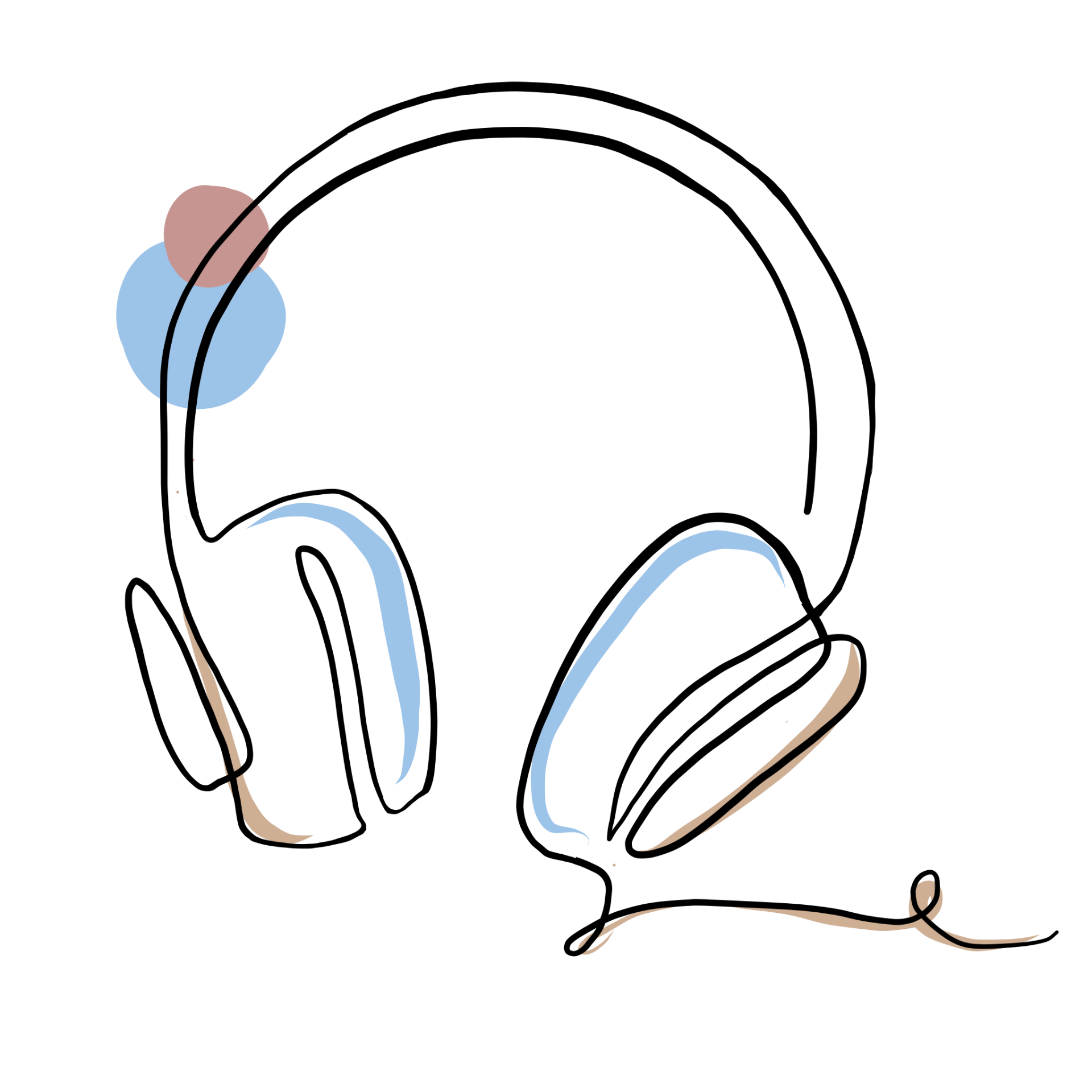
Our environment is full of repeated patterns, whether that be in the places we go to, the people we meet, or in the conversations we have. As we move around in the world we cannot help but pick up on these regularities, and in particular whether some events are more likely to happen than others. This is known as statistical learning, sensitivity to repeated patterned regularities in the environment. In the CSL Lab, we are interested in the relationship between such statistical learning and language, using miniature artificial languages to determine the nature and limitations on human (and nonhuman primate) abilities to pick up statistical structure from the environment. This perspective also highlights how variation in experience with the statistical regularities found in language can lead to individual differences in language ability.
Dr. Christiansen discussing current limitations in statistical learning research and possible ways to address them in colloquium delivered to the Departments of Psychology and Human Development at Cornell University.
Representative Publications
Frost, R., Bogaerts, L., Samuel, A.G., Magnusson, J.S., Holt, L.L. & Christiansen, M.H. (in press). Statistical learning subserves a higher purpose: Novelty detection in an information foraging system. Psychological Review.
Frinsel, F.F., Trecca, F. & Christiansen, M.H. (2024). The role of feedback in the statistical learning of language-like regularities. Cognitive Science, 48, e13419.
Contreras Kallens, P., Kristensen-McLachlan, R.D. & Christiansen, M.H. (2023). Large Language Models demonstrate the potential of statistical learning in language. Cognitive Science, 47, e13256.
Isbilen, E.S. & Christiansen, M.H. (2022). Statistical learning of language: A meta-analysis into 25 years of research. Cognitive Science. 46, e13198
Isbilen, E.S., McCauley, S.M., Kidd, E. & Christiansen, M.H. (2020). Statistically-induced chunking recall: A memory-based approach to statistical learning. Cognitive Science, 44, e12848.
